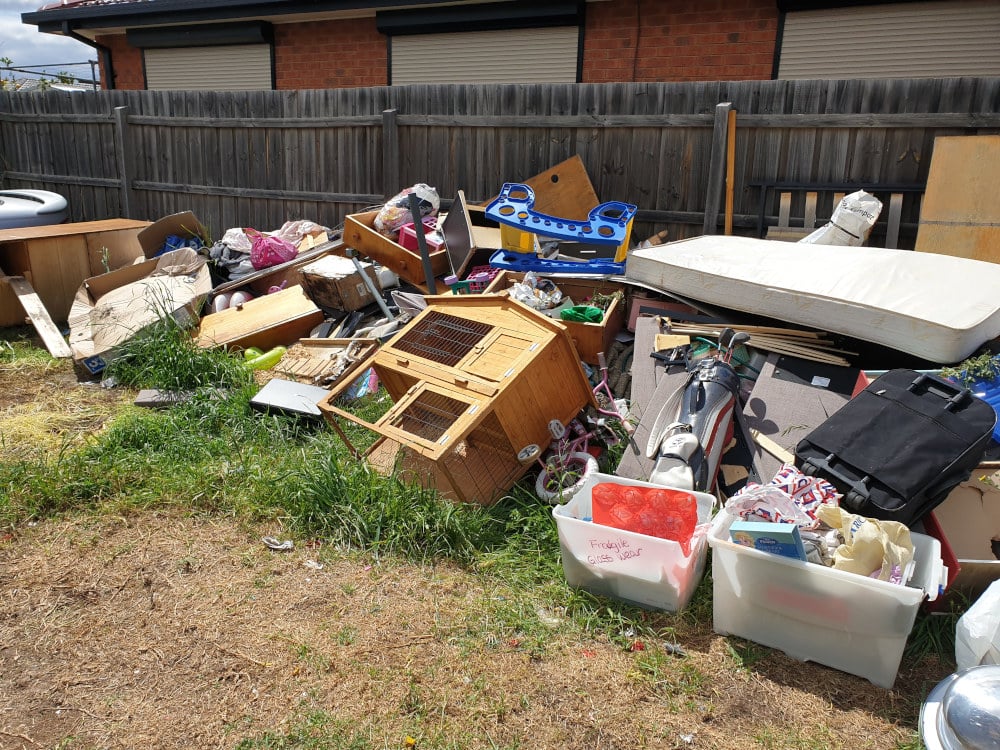
Effective rubbish removal systems play a pivotal role in maintaining cleanliness and hygiene in communities, but their significance goes beyond mere sanitation. They contribute significantly to the economy by creating jobs, reducing environmental hazards, and enhancing the overall quality of life. In this article, we explore the economic benefits of such systems with a focus on rubbish removal services in Melbourne.
Cost Savings and Resource Recovery
Effective rubbish removal systems help mitigate the costs associated with waste management. By implementing recycling and resource recovery programs, municipalities and businesses can reduce the volume of waste sent to landfills, thus lowering disposal costs and extending the lifespan of existing waste infrastructure.
In Melbourne, initiatives promoting resource recovery and circular economy principles have gained traction, leading to increased diversion of recyclable materials from landfills. This not only saves money for waste management authorities but also conserves valuable resources by reintegrating materials into the production cycle, reducing the need for virgin raw materials and mitigating environmental impacts.
Environmental Protection and Public Health
Investments in rubbish removal systems contribute to environmental protection and public health, yielding long-term economic benefits. Proper waste management prevents pollution of land, water, and air, preserving ecosystems and safeguarding natural resources vital for economic activities such as agriculture, tourism, and recreation.
Additionally, efficient rubbish removal reduces health risks associated with uncollected waste, such as the spread of diseases and pests. By maintaining clean and sanitary environments, cities like Melbourne can attract tourists, investors, and businesses, bolstering economic growth and enhancing property values in surrounding areas.
Boosting Local Businesses and Tourism
A clean and litter-free environment is conducive to economic development, as it enhances the attractiveness of urban spaces and supports local businesses. In Melbourne, rubbish removal services play a crucial role in maintaining the city’s reputation as a vibrant and livable metropolis, attracting residents and tourists alike.
Moreover, initiatives promoting sustainable waste practices, such as composting and plastic reduction campaigns, align with consumer preferences for environmentally responsible businesses. By supporting eco-conscious enterprises, rubbish removal systems contribute to the growth of green industries and eco-tourism, further diversifying the local economy and fostering community resilience.
Job Creation and Economic Stimulus
One more economic benefits of robust rubbish removal systems is job creation. The waste management sector provides employment opportunities for a diverse range of professionals, including waste collectors, truck drivers, recycling plant workers, and administrative staff. In Melbourne alone, rubbish removal services employ thousands of individuals, offering stable employment and career prospects.
Moreover, the demand for waste management services drives innovation and investment in recycling technologies, further bolstering economic growth. As businesses and households prioritise sustainable waste practices, new industries emerge, such as composting facilities and waste-to-energy plants, creating additional employment opportunities and stimulating economic activity.
Conclusion
Effective rubbish removal systems offer a multitude of economic benefits, ranging from job creation and cost savings to environmental protection and enhanced quality of life. In Melbourne, rubbish removal services play a vital role in sustaining the city’s economic prosperity while promoting sustainable development practices. By recognising the economic value of efficient waste management, communities can leverage these systems to drive innovation, stimulate growth, and create a cleaner, more prosperous future for all.




